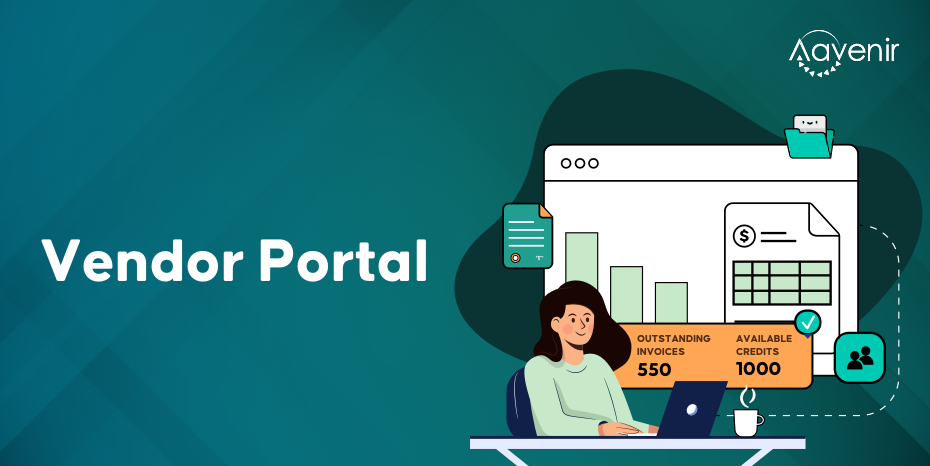What is Vendor Portal?- Definition
Vendor Portals, also known as Supplier Portals, are platforms that allow businesses to connect and collaborate with their third-party vendors on the internet.

Understanding Vendor Management
A vendor portal is an internet-based system used to manage and connect with third-party vendors of goods or/and services. It is a secured management system adopted by organizations that network with multiple vendors. This portal permits the initial registration of vendors as well as account management.
Vendor Portals are required for any company that works with multiple vendors, as it provides an easy and secure way for the business and their vendors to track orders, raise concerns and communicate, and ensure that both parties are on the same page. Vendors usually register on the portal and can use it as a means to keep track of their business relationship, tracking what goods and services they have provided to the company, when, and in what quantity; while the company operating the portal can track the same data across multiple vendors; finding patterns and reducing redundancies in the supply chain.
Advantages for Vendor Portal
Managing a vendor’s database can be a never-ending routine of mind-numbing data entry, verification follow-ups, and frustrating inaccuracies that can lead to unnecessary risks and oversights. Or it can be a painless, streamlined, automated process that provides up-to-date, accurate information at your fingertips and that strengthens your supply chain. What’s the difference between these experiences? A customized vendor portal.
1. Consolidate and standardize vendors information
Imagine having pristine, standardized vendors data to work with when preparing bidding opportunities or identifying potential vendors. A vendor portal provides a single access point for current vendors to update their information, as well as a means for new vendors to register to participate in your program.
A customized form gives you control over what information is entered and how it is entered, populating a database you can then search by commodity category, geographic location, size, and many other parameters.
2. Prequalify candidates
Instead of spending your time combing through possibly outdated databases for the information needed to vet potential clients, automate the process through a vendor’s portal. When registering with your company, potential vendors complete a customized RFI-styled questionnaire within the registration tool that serves as a prequalification sourcing survey. These surveys are scored and then routed to the appropriate buyer within your organization, saving everyone time and reducing workload.
3. Tracking and reporting
A vendor portal allows you to track vendors by commodity category and diversity category, providing a clear picture of your company’s progress toward various internal goals. Customized reports based on the data available through your vendor portal keep you on track to meet spend targets and help identify potential risks such as overreliance on a single vendor.
A robust vendor portal makes communicating with vendors a treat rather than a chore. Notifying vendors about upcoming opportunities, reminders to submit spend reports, and other notices are easily undertaken through the portal dashboard. You can even specify criteria for each type of notification, customizing the experience for your vendors and reducing inquiries resulting from poorly targeted communications.
A vendor portal is a vital tool for running an efficient, productive supply chain. Use it to automate the mundane, to alert you to the unexpected, to identify the potential in your supply chain, and to meet your goals.

